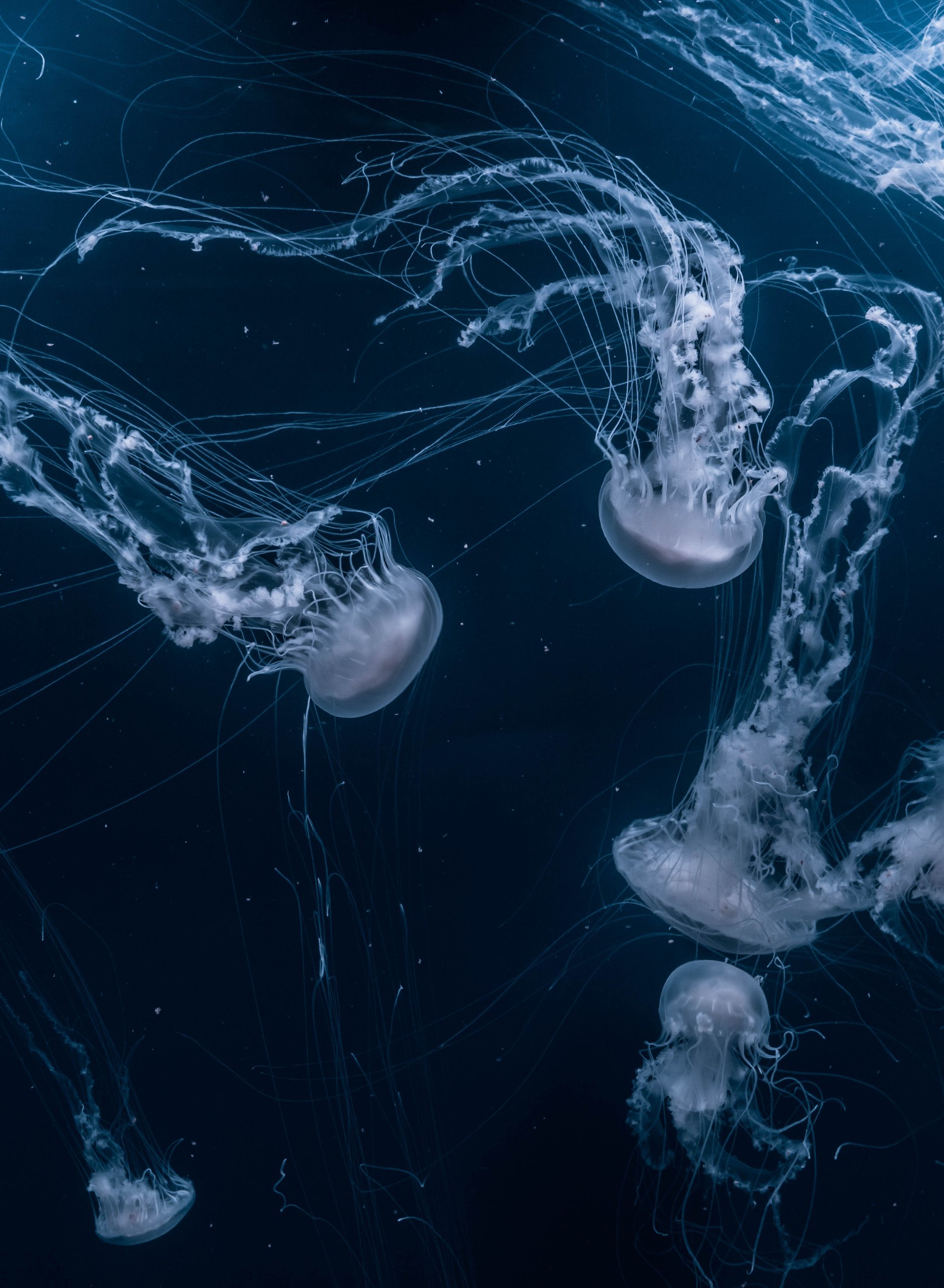Vinegar should be poured over the wound caused by a sting, as recommended by Auttapon. He also cautioned against applying water to wounds or rubbing them with sand after they had already been injured. If a sufferer loses consciousness, it is strongly advised that they obtain cardiopulmonary resuscitation (CPR). According to Auttapon, officials have placed nets to prevent jellyfish from entering the swimming areas; nonetheless, they are unable to ensure that beachgoers would be completely protected from the jellyfish. In addition, he suggested that visitors pay attention to the warning signs that were posted at the beaches and heed the suggestions of the lifeguards. It is strongly recommended that tourists do not venture beyond the jellyfish barrier net and stay out of the water during the night or after it has rained. Auttapon noted that there are supplies of vinegar on the beaches that may be used as first aid in the event that there are any string injuries. On each beach, there is an orange pole with vinegar and instructions for first aid available to visitors. People who have been stung by jellyfish are required to call a toll-free number (1669) that is associated with the National Institute for Emergency Medicine. During the month of March, a hotel on Koh Samui hosted first aid classes that focused on the treatment of box jellyfish stings as well as their prevention. When swimming in the water off the coast of Koh Samui, Koh Pha Ngan, Koh Mark, and Koh Kood in Trat, visitors have been urged to keep an eye out for jellyfish. These islands are located in the province of Surat Thani. According to Auttapon Charoenchansa, the Director of the Department of Marine and Coastal Resources, the months of July through December are venomous jellyfish season in Koh Samui and Koh Pha Ngan in the province of Surat Thani. Meanwhile, the months of November through April are venomous jellyfish seasons in Koh Mark and Kood. The Chirodropidae Chironex indrasaksajiae, more often known as the box jellyfish, is the most poisonous species of jellyfish in those regions. Its venom is capable of killing anyone it comes into contact with, resulting in cardiac arrest and attacks on the nervous system as well as the circulatory systems in the lungs. After being strung, the venom has the potential to stop a person’s heartbeat anywhere from two to five minutes later.

Tourists in Surat Thani and Trat have been warned to watch out for jellyfish
More from ThailandMore posts in Thailand »
- Top 20 Cannabis Shops: Where to Buy Weed in Nong Bua Lam Phu Vol 1, 2024
- Top 20 Cannabis Shops: Where to Buy Weed in Nakhon Nayok Vol 1, 2024
- Top 20 Cannabis Shops: Where to Buy Weed in Nakhon Phanom Vol 1, 2024
- Top 20 Cannabis Shops: Where to Buy Weed in Pathum Thani Vol 1, 2024
- Top 20 Cannabis Shops: Where to Buy Weed in Lamphun Vol 1, 2024
- Top 20 Cannabis Shops: Where to Buy Weed in Maha Sarakham Vol 1, 2024
- Top 20 Cannabis Shops: Where to Buy Weed in Loei Vol 1, 2024
- Top 20 Cannabis Shops: Where to Buy Weed in Kalasin Vol 1, 2024
- Top 20 Cannabis Shops: Where to Buy Weed in Prachin Buri Vol 1, 2024
- Top 20 Cannabis Shops: Where to Buy Weed in Trang Vol 1, 2024
- Top 20 Cannabis Shops: Where to Buy Weed in Ubon Ratchathani Vol 1, 2024
- Top 20 Cannabis Shops: Where to Buy Weed in Ranong Vol 1, 2024
More from TourismMore posts in Tourism »
- Thailand is Tightening Up on Visa Runs and Long Stays on Exemption
- Thailand Digital Arrival Card (TDAC): New AGENTS Update Hotel Drop-off
- AGENTS CO., LTD. Launches Redundancy TDAC Submission Platform for Travelers and Tour Operators
- Destination Thailand Visa (DTV): The Digital Nomads Visa
- How to select a Trustworthy Visa Agency in Thailand
- 🌿 🇹🇭 Cannabis in Thailand: The Fight for Freedom Continues
- Interactive Platform Maps Out Thailand’s Thriving Cannabis Landscape
- The first Phuket Cannabis Cup – March 25th
- eSIMs – The Future of Mobile Connectivity for Traveling to Thailand
- Lunar surge may top 1.8 million traveler at airport
- Thailand will begin collecting 300 THB tourist fee in June.
- Thailand to Offer Free Covid-19 Tests and Vaccines to Visitors: Here’s How!



























Be First to Comment